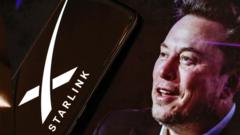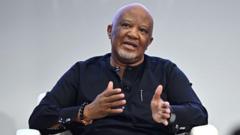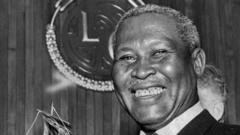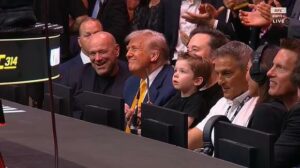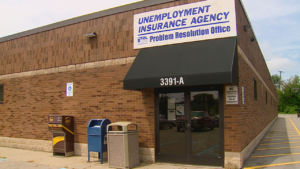South Africa is working towards allowing Elon Musk's Starlink to function within its borders by proposing changes to ownership rules that some critics believe could hinder racial equity efforts.
South Africa's Bid to Attract Elon Musk's Starlink Sparks Controversy

South Africa's Bid to Attract Elon Musk's Starlink Sparks Controversy
A proposal to modify Black ownership laws to allow Starlink's operation in South Africa is stirring debate.
In an attempt to attract Elon Musk’s satellite internet service, Starlink, to South Africa, government officials are contemplating changes to established Black ownership regulations. These ownership rules, which require foreign businesses to allocate shares to Black individuals, have been criticized by Musk as discriminatory, arguing they prevent his company from establishing operations in his homeland.
Cyril Ramaphosa, the President of South Africa, has expressed a desire to have Musk, who has accumulated immense wealth, invest in the nation. However, tensions arose as Musk labeled certain governmental policies as “racist.” In response, Solly Malatsi, a government official in charge of telecommunications, is drafting a new directive. This directive proposes that satellite providers like Starlink could qualify for operational licenses not by conforming to Black ownership requirements but by investing in economically disadvantaged communities.
While the directive aims to provide a pathway for Starlink’s launch in South Africa, it remains subject to feedback from the Independent Communications Authority of South Africa, which oversees the telecommunications sector. Critics of the proposed change argue that by allowing an alternative route for satellite companies, the government could impede the advancement of efforts to rectify historical racial inequalities entrenched since apartheid. Claims have emerged from opposition politicians that Malatsi's measures serve to placate Musk, who has seldom returned to South Africa since relocating as a youth.
Cyril Ramaphosa, the President of South Africa, has expressed a desire to have Musk, who has accumulated immense wealth, invest in the nation. However, tensions arose as Musk labeled certain governmental policies as “racist.” In response, Solly Malatsi, a government official in charge of telecommunications, is drafting a new directive. This directive proposes that satellite providers like Starlink could qualify for operational licenses not by conforming to Black ownership requirements but by investing in economically disadvantaged communities.
While the directive aims to provide a pathway for Starlink’s launch in South Africa, it remains subject to feedback from the Independent Communications Authority of South Africa, which oversees the telecommunications sector. Critics of the proposed change argue that by allowing an alternative route for satellite companies, the government could impede the advancement of efforts to rectify historical racial inequalities entrenched since apartheid. Claims have emerged from opposition politicians that Malatsi's measures serve to placate Musk, who has seldom returned to South Africa since relocating as a youth.






